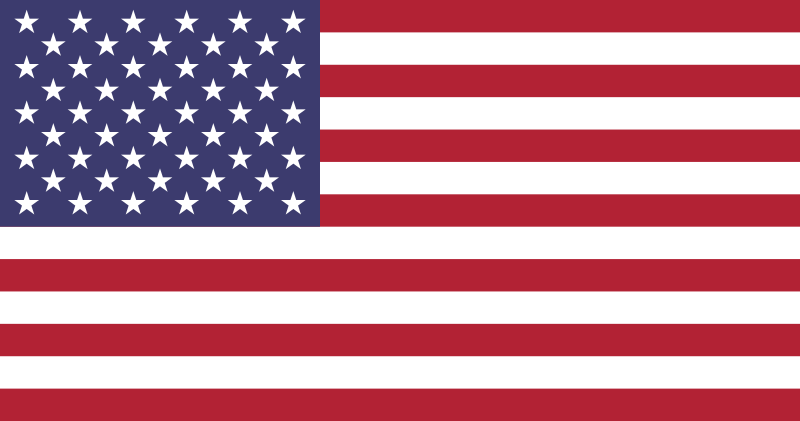First Year Update 1:
It's currently Thanksgiving break, and I actually have some free time to make a Blogger post!
So, I'll just start from the beginning of the year. In August, we basically had very little studying to do (relative to now that is). There were also a bunch of social events with free food before classes started. Note, FREE FOOD. Needless to say you should attend these. Not only is there free food, but they're one of the few times that you can really have a shot at meeting new people before everyone's core group of med school friends start to form.
Now, on to the school work! At my school they started us off with Biochem, Genetics, Microanatomy, and some not so science based physician skills classes. As the weeks went by though they added Gross Anatomy, Physiology, Nutrition, and Immunology to the mix.
When you first start med school you'll likely do one of two things: study too much, or study too little. And you'll most likely not know what you need to know. This is a skill you will learn as you go through med school.
To be clear, the hardest part of med school is NOT being able to understand the material; it's getting through the large amounts of material, and picking out the high yield material for exams.
On our first set of exams, we were only tested on Biochem, Genetics, and Microanatomy. The averages were in the 80s, but there were quite a few people that didn't pass (below 70% score). As for myself, I studied way too much. I did well, but not much better than the average. Since then we've had a ton of exams and material.
Also, I've learned some more effective study habits these past few months. Such as don't study too much, study more effectively, and make time where you don't study at all. If you study non-stop for hours without any breaks, the material won't stick. And make sure you get enough sleep. The people that study straight through depriving themselves of breaks, sleep, and other hobbies simply don't appear as confident coming out of exams, and personally I didn't do much better studying that way.
With that stuff said I've found I'm an average/sligthly above average student at my med school. I'm not particularly annoyed by it because I'd be happy with a midrange competitive specialty like internal medicine, and I'm not sure I'm capable of gunning for 100s on every exam. I don't really feel like studying that hard at times anyways.
Instead I'm going to continue to enjoy my time by participating in extracurriculars, spending time with friends and family, and keeping up with my hobbies. Or in other words, I'm enjoying living a healthy life and not making studying my life. If you do this though make sure you pass everything. School is still my top priority. Good luck!





